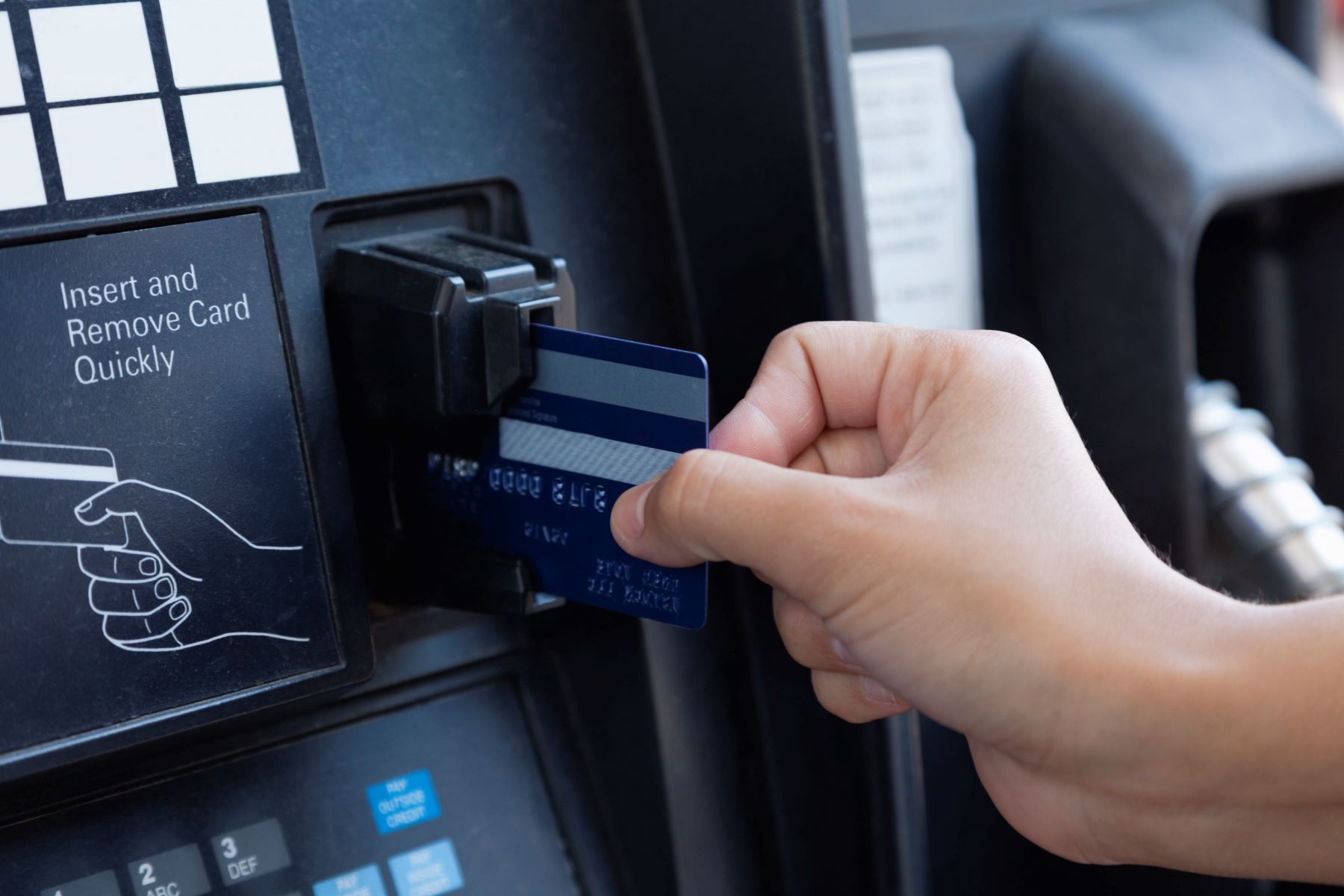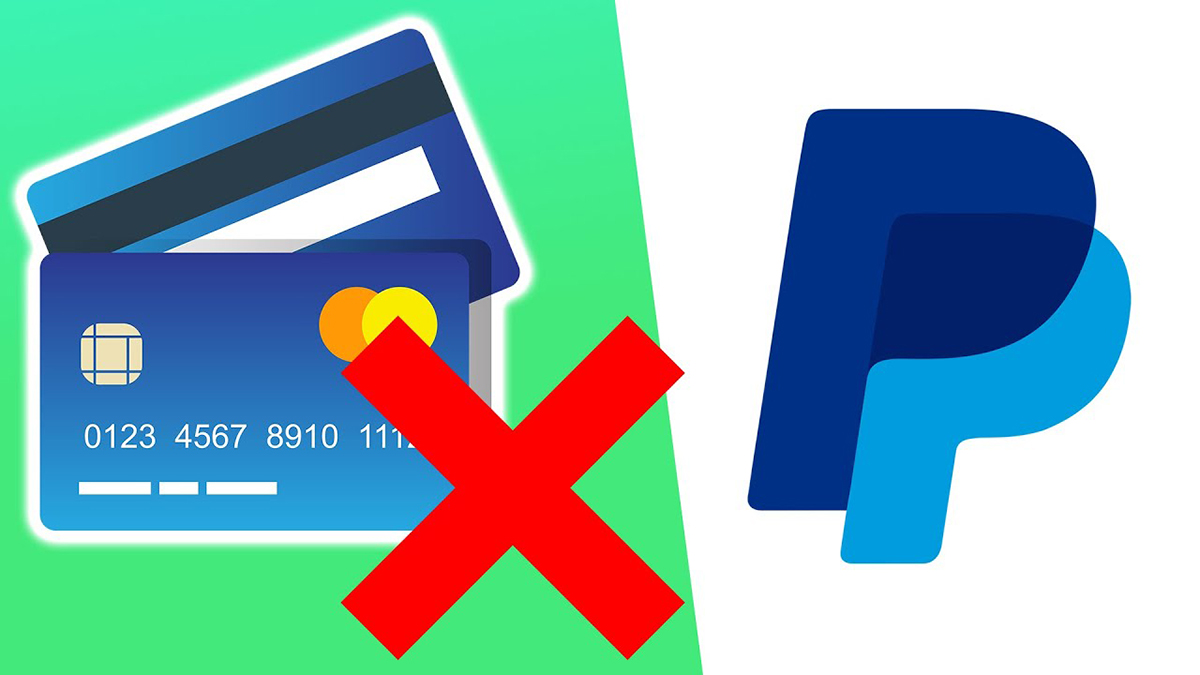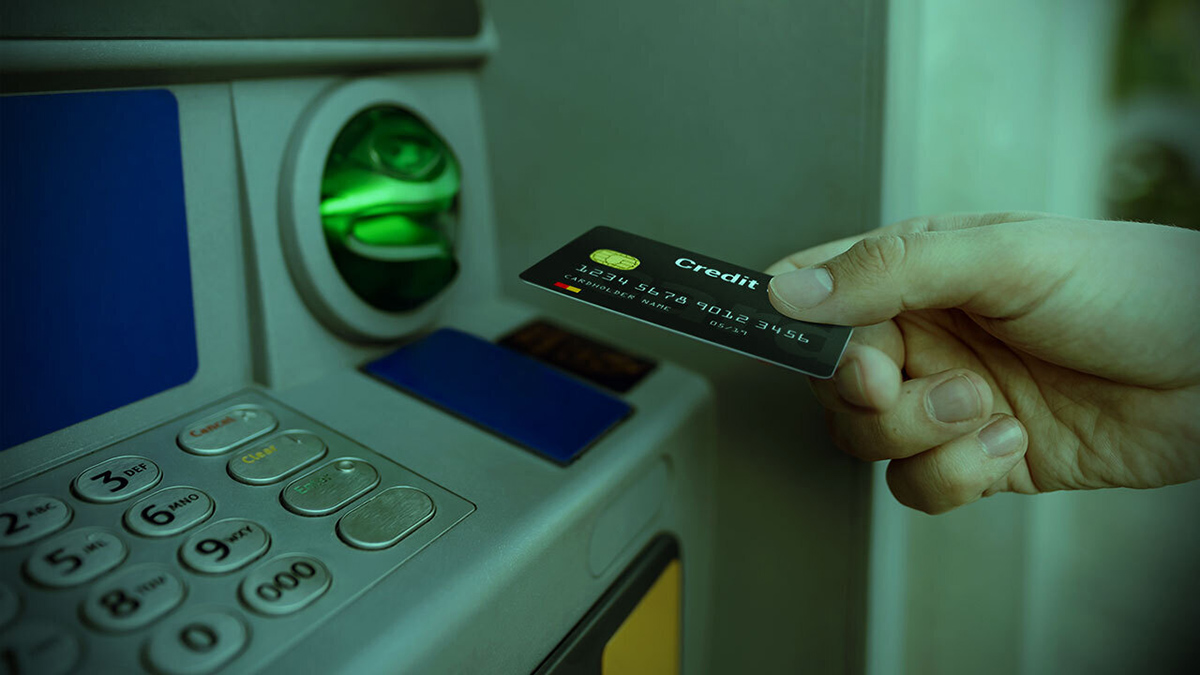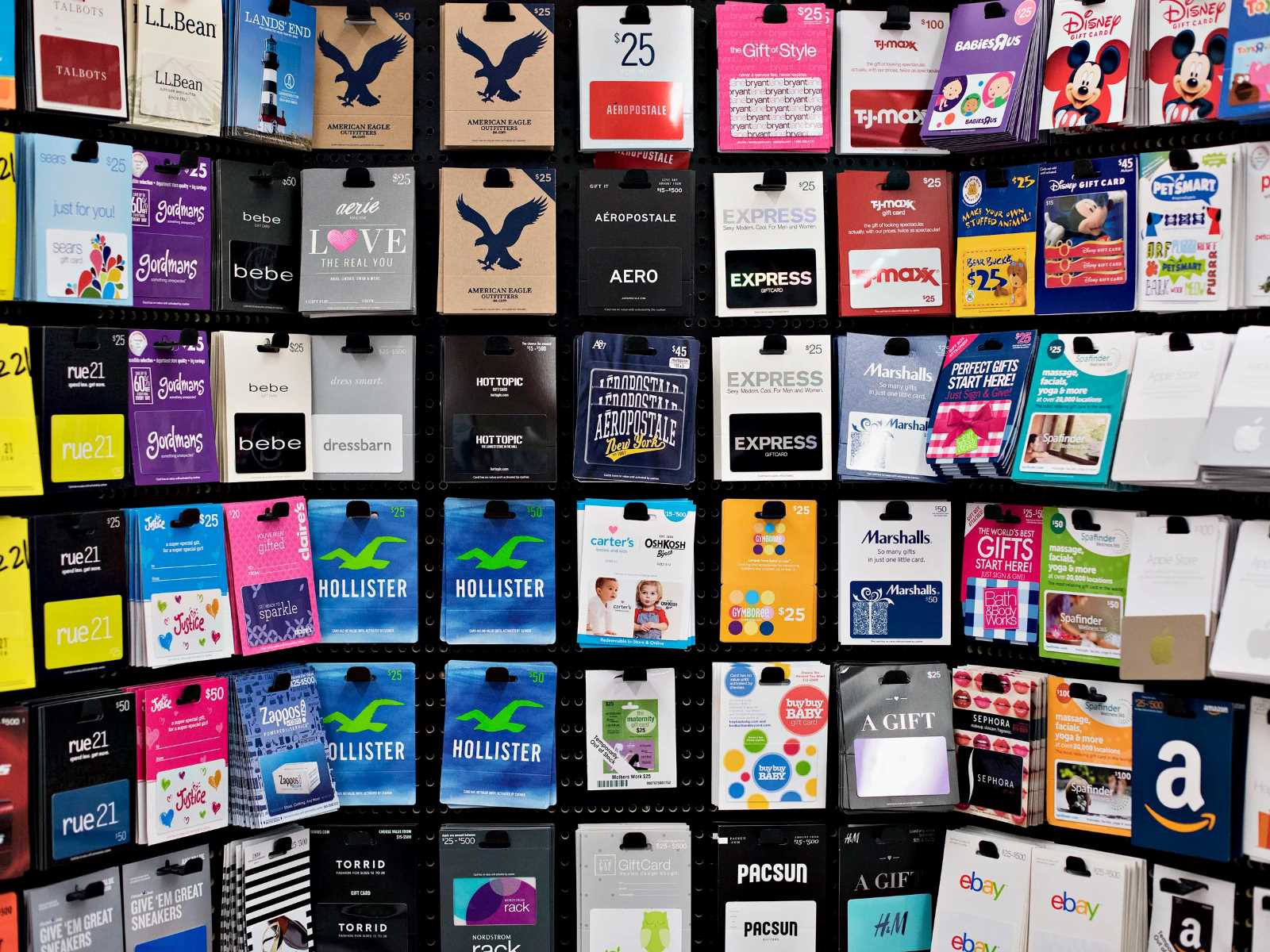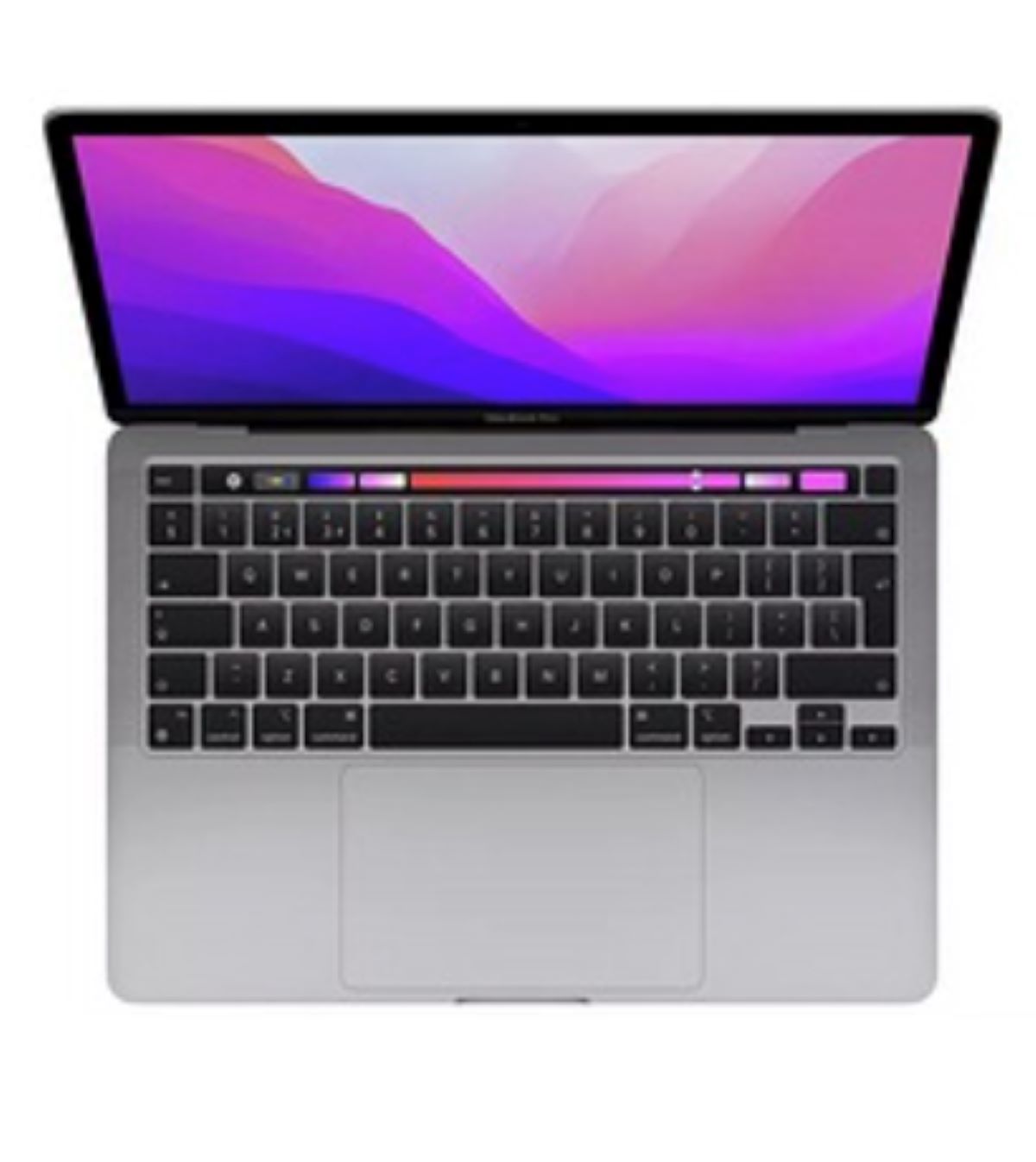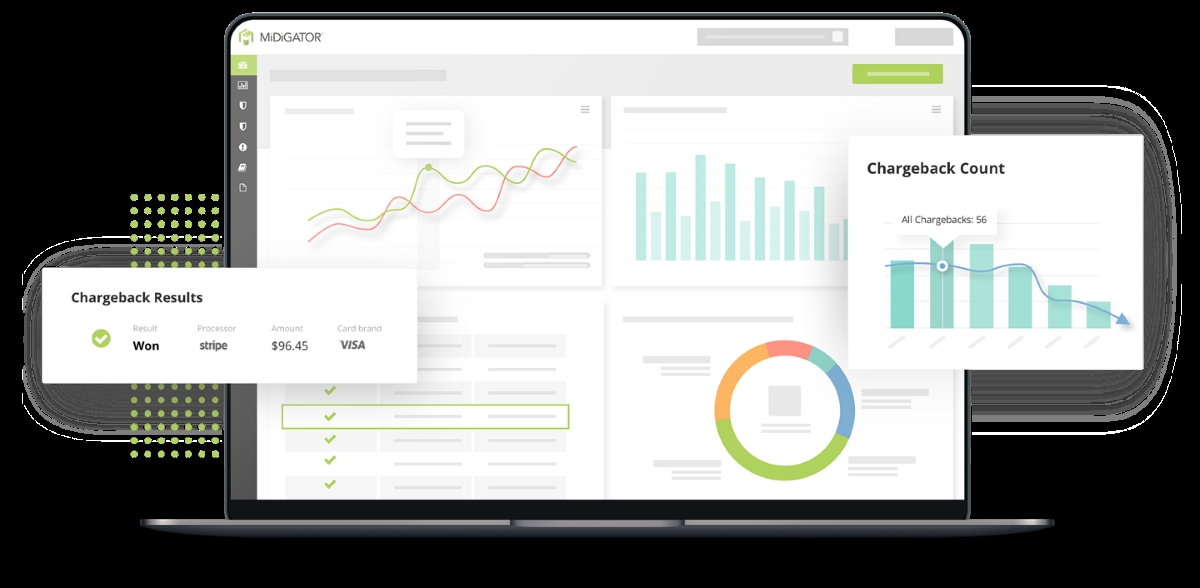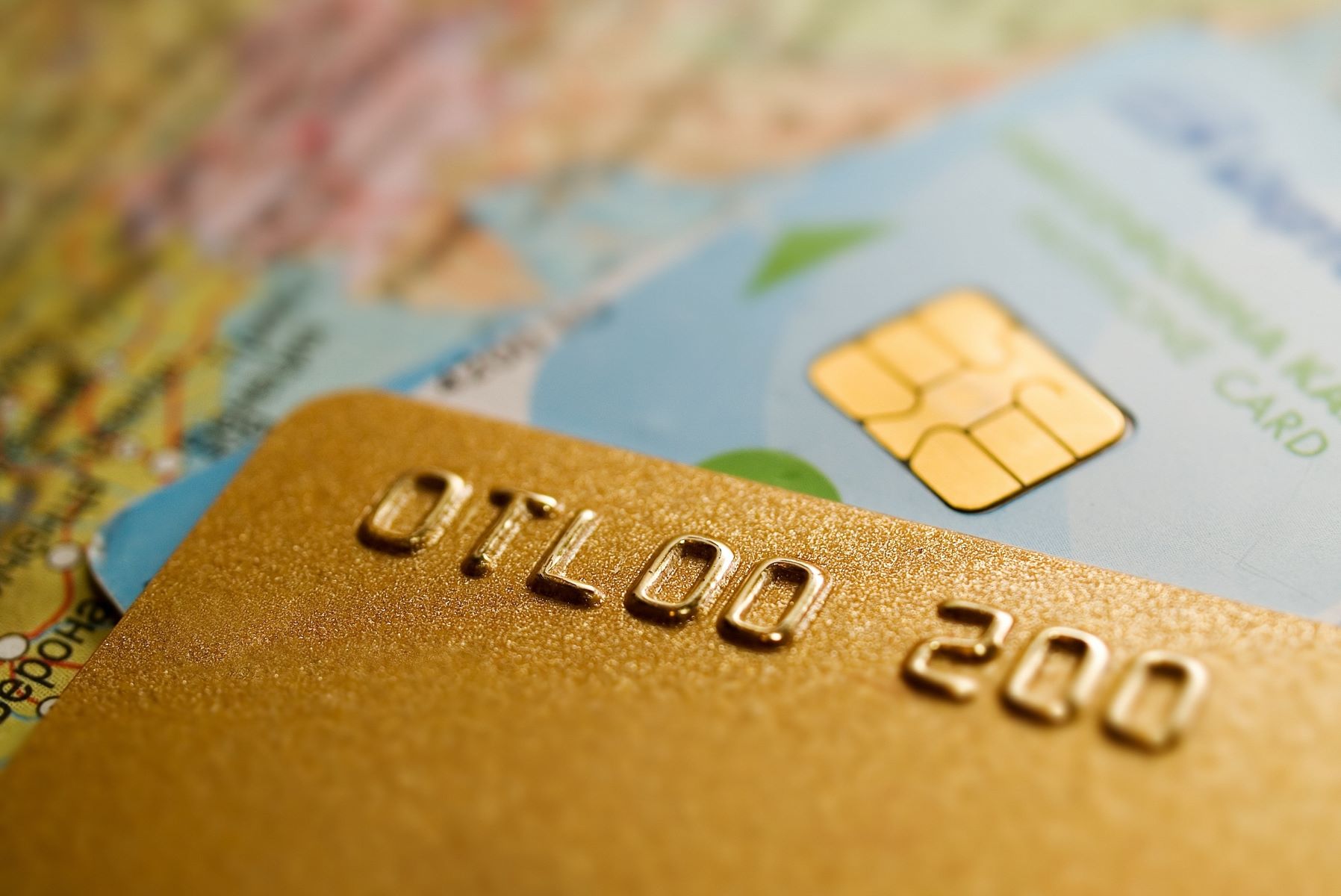

Finance
How To Use Credit Card Internationally
Published: October 25, 2023
Learn how to effectively use your credit card internationally and manage your finances while traveling. Expert tips and strategies to optimize your financial decisions.
(Many of the links in this article redirect to a specific reviewed product. Your purchase of these products through affiliate links helps to generate commission for LiveWell, at no extra cost. Learn more)
Table of Contents
- Introduction
- Understanding International Credit Card Usage
- Choosing the Right International Credit Card
- Notifying Your Bank of Travel Plans
- Familiarizing Yourself with Foreign Transaction Fees
- Using Your Credit Card Abroad: Dos and Don’ts
- Tips for Maximizing Security and Fraud Protection
- Dealing with Currency Exchange Rates
- Using Credit Cards in Different Countries: Specific Considerations
- Conclusion
Introduction
Using credit cards internationally can be both convenient and beneficial for travelers. Whether you’re exploring new destinations or conducting business abroad, having a credit card that can be used globally is essential. However, there are several factors to consider when using your credit card outside of your home country to ensure a seamless and secure experience.
International credit card usage involves navigating different currencies, foreign transaction fees, and potential security risks. Understanding the intricacies of using your credit card abroad will help you make informed decisions and avoid any unexpected surprises.
In this article, we will guide you through the process of using your credit card internationally. We will discuss various aspects, such as choosing the right international credit card, notifying your bank of your travel plans, understanding foreign transaction fees, and maximizing security and fraud protection. Additionally, we will provide insights into dealing with currency exchange rates and using credit cards in different countries.
By the end of this article, you will have a comprehensive understanding of how to use your credit card internationally, allowing you to make the most out of your financial transactions and ensuring a hassle-free experience while traveling or conducting business abroad.
Understanding International Credit Card Usage
When using your credit card internationally, it’s crucial to understand how it works and the potential challenges you may encounter. Here are a few key points to consider:
- Acceptance: Not all credit cards are accepted globally. Before traveling, make sure to check if your credit card is widely accepted at your destination. Visa and Mastercard are generally accepted worldwide, while American Express and Discover may have more limited acceptance in certain countries.
- Chip and PIN: Many countries, especially in Europe, use chip and PIN technology for credit card transactions. It adds an extra layer of security and may be required for certain purchases or at unstaffed terminals. Make sure your credit card is equipped with a chip and familiarize yourself with your PIN before traveling.
- Magnetic Strip and Signature: While chip and PIN is becoming more prevalent, some countries still rely on magnetic strip technology. In such cases, you may need to sign a receipt instead of entering a PIN for verification.
- Exchange Rates: When using your credit card abroad, you may encounter foreign exchange rates. These rates determine the conversion of your home currency to the local currency. It’s important to be aware of the current exchange rates to understand the cost of your purchases and avoid any surprises on your credit card statement.
- Currency Conversion Fees: Some credit cards charge currency conversion fees when you make a transaction in a foreign currency. These fees typically range from 1% to 3% of the transaction amount. Consider using a credit card that offers low or no foreign transaction fees to minimize the cost of international purchases.
By familiarizing yourself with these essential aspects of international credit card usage, you can ensure a smooth and secure experience while making purchases overseas. In the next section, we will explore how to choose the right international credit card for your needs.
Choosing the Right International Credit Card
When selecting a credit card for international use, it’s important to consider a few key factors to ensure convenience, security, and cost-effectiveness. Here are some essential considerations:
- Accepted Worldwide: Opt for credit cards that are widely accepted globally, such as Visa or Mastercard. These networks offer broad acceptance and are recognized by merchants in most countries.
- No Foreign Transaction Fees: Look for credit cards that do not charge foreign transaction fees. These fees can add up quickly, especially if you frequently make purchases in foreign currencies. Choosing a card that waives these fees can save you money in the long run.
- Chip and PIN Technology: As mentioned earlier, many countries have transitioned to chip and PIN technology for increased security. Ensure that your credit card has a chip and supports PIN-enabled transactions, as this will make it compatible with terminals worldwide.
- Rewards and Benefits: Consider credit cards that offer travel-related rewards, such as airline miles, hotel points, or cashback on international purchases. These perks can enhance your travel experiences and offset costs associated with international transactions.
- Emergency Services: Look for credit cards that provide 24/7 customer support and emergency services, such as lost card replacement and emergency cash disbursement. These features can provide peace of mind, especially when traveling in unfamiliar territories.
- Fraud Protection: Determine if the credit card issuer offers robust fraud protection measures, including real-time transaction monitoring, zero liability for unauthorized purchases, and immediate card replacement in case of theft or loss.
Research different credit card options and compare their features, fees, and benefits. Read customer reviews and consider seeking recommendations from trusted sources to make an informed decision. It’s worth noting that some credit cards are specifically designed for frequent international travelers and may offer additional perks, such as lounge access at airports or travel insurance coverage.
By choosing the right international credit card, you can enjoy the convenience of making purchases worldwide, while minimizing fees and maximizing benefits. In the next section, we will discuss the importance of notifying your bank of your travel plans to avoid any disruptions in card usage.
Notifying Your Bank of Travel Plans
Before embarking on your international journey, it’s crucial to inform your bank or credit card issuer of your travel plans. Notifying them in advance can help prevent any unexpected disruptions in card usage and ensure that your transactions are not flagged as suspicious or fraudulent. Here’s why it’s important:
Fraud Prevention: Banks and credit card issuers have advanced fraud detection systems in place to protect your accounts. If they notice any unusual activity, such as transactions occurring in a different country, they may assume it’s fraudulent and block your card for security reasons. By notifying them in advance, you can avoid unnecessary complications and ensure that your card remains active during your travels.
Travel Notifications: Most banks provide an option to set up travel notifications through their online banking portals, mobile apps, or by calling their customer service helpline. When setting up a travel notification, provide details such as the dates of your trip, the countries you’ll be visiting, and any layovers or connecting flights. This information helps your bank to accurately monitor your card activity and reduces the chances of a false alarm.
Contact Information: It’s also worth ensuring that your bank has updated contact information for you, including a valid email address and phone number. In case they need to reach you regarding any unusual activity on your card, having accurate contact information will facilitate seamless communication and swift resolution of any issues that may arise.
Alternative Contact: Consider providing an alternative contact who can be reached in case you are unavailable. This could be a trusted family member, friend, or colleague who can assist in verifying your transactions or providing essential information to the bank on your behalf.
Remember to notify all banks or credit card issuers whose cards you will be carrying during your trip. Even if you primarily use one card, it’s advisable to inform them all to ensure that none of your cards get unnecessarily blocked, leaving you stranded without access to funds.
By taking a few minutes to notify your bank or credit card issuer before your departure, you can enjoy a smooth and uninterrupted credit card experience while traveling internationally. In the next section, we will discuss foreign transaction fees and how to be aware of the costs associated with using your credit card abroad.
Familiarizing Yourself with Foreign Transaction Fees
When using your credit card internationally, it’s important to be aware of foreign transaction fees that may apply to your purchases. These fees are charges imposed by your credit card issuer for converting your home currency into the local currency of the country where the transaction occurs. Here’s what you need to know:
Percentage-based Fees: Many credit cards charge a percentage-based foreign transaction fee, which is typically around 1% to 3% of the transaction amount. For example, if you make a $100 purchase abroad with a 2% foreign transaction fee, you would incur an additional $2 fee.
Fixed Fees: In some cases, credit card issuers may charge a fixed fee instead of or in addition to a percentage-based fee. This fee is typically a set amount, such as $5 or $10, per transaction made in a foreign currency.
ATM Cash Withdrawals: If you use your credit card to withdraw cash from an ATM while abroad, be aware that foreign transaction fees may apply. In addition, the ATM owner may charge additional fees for the withdrawal. It’s advisable to explore alternative options, such as using a debit card or exchanging currency at a local bank, to avoid excessive fees.
Waived Fees: Some credit cards are specifically designed for international travel and may waive foreign transaction fees. If you’re a frequent traveler or plan to make substantial purchases abroad, consider using a credit card that offers this benefit to save on fees.
Credit Card Networks: Different credit card networks may have varying foreign transaction fee policies. For example, Visa and Mastercard often charge a standard fee, while American Express may have higher fees in certain countries. It’s worth checking the fee structure of your specific credit card network to understand the potential costs.
It’s important to note that foreign transaction fees are separate from currency exchange rates. While exchange rates are determined by market conditions and fluctuate constantly, foreign transaction fees are charges imposed by the credit card issuer. Make sure to factor in both these aspects when considering the overall cost of your international purchases.
To minimize foreign transaction fees, consider using a credit card that offers low or no fees for international purchases. Additionally, it’s advisable to plan your expenses in advance and make fewer, larger transactions rather than multiple small transactions, as each transaction may incur separate fees.
By familiarizing yourself with foreign transaction fees and considering fee-friendly credit card options, you can reduce costs and make more informed decisions while using your credit card internationally. In the next section, we will discuss important dos and don’ts for using your credit card abroad to ensure a smooth and secure experience.
Using Your Credit Card Abroad: Dos and Don’ts
When using your credit card abroad, it’s important to follow certain dos and don’ts to ensure a smooth and secure experience. Here are some essential guidelines to keep in mind:
Dos:
- Notify Your Bank: As discussed earlier, inform your bank or credit card issuer of your travel plans to avoid any disruptions in card usage.
- Carry Multiple Cards: It’s wise to have a backup credit card in case one gets lost, stolen, or rejected. Keep the secondary card in a safe place, separate from your primary card.
- Keep Copies of Your Card: Take photos or make copies of your credit card(s) and keep them in a secure location. This will help you quickly report any lost or stolen cards.
- Make Purchases in Local Currency: When prompted, choose to make purchases in the local currency instead of your home currency. This allows you to take advantage of more favorable exchange rates and avoid dynamic currency conversion fees.
- Check Your Statements: Regularly review your credit card statements for any unauthorized transactions or discrepancies. Report any suspicious activity to your credit card issuer immediately.
- Keep Your PIN Secure: Memorize your PIN and never share it with anyone. Avoid writing it down or using easily guessable numbers.
- Use Secure Internet Connections: When making online transactions, use secure and trusted networks to protect your personal and financial information from potential hackers.
Don’ts:
- Don’t Share Card Details: Avoid sharing your credit card details, including the card number, expiration date, and CVV, with anyone unless it’s a trusted merchant or financial institution.
- Don’t Leave Your Card Unattended: Always keep an eye on your credit card during transactions and be cautious of scams or attempts to duplicate your card.
- Don’t Use Untrusted ATMs: Be cautious when using ATMs, especially ones that look suspicious or are not affiliated with reputable banks. Skimmers or other fraud devices can be installed on compromised machines.
- Don’t Overspend: Stick to your budget and avoid unnecessary and extravagant purchases. Keep track of your expenses to avoid any surprises when your credit card bill arrives.
- Don’t Rely Solely on Credit Cards: While credit cards are convenient, it’s advisable to carry some cash for emergencies or situations where credit cards may not be accepted.
Following these dos and don’ts will help you navigate international credit card usage with confidence and security. In the next section, we will discuss essential tips for maximizing security and fraud protection while using your credit card abroad.
Tips for Maximizing Security and Fraud Protection
When using your credit card abroad, ensuring the utmost security and protecting yourself from fraud should be a top priority. Here are some valuable tips to help you maximize security and minimize the risk of falling victim to fraudulent activities:
- Use EMV Chip-enabled Cards: EMV chip-enabled credit cards offer enhanced security compared to traditional magnetic strip cards. These chips generate unique transaction codes for each purchase, making it more difficult for thieves to clone your card.
- Keep Your Card in Sight: Whenever possible, avoid situations where your credit card is taken out of your view. This reduces the risk of unauthorized copying or skimming of your card details.
- Be Wary of Card Skimmers: Pay attention to the card slot and any suspicious devices attached to ATMs or payment terminals. If something looks unusual or out of place, consider using an alternative machine or notifying the authority in charge.
- Regularly Check Your Accounts: Monitor your credit card accounts regularly to detect any unauthorized transactions. Report any suspicious activity to your credit card issuer immediately.
- Use Secure Networks: When making online transactions, ensure that you are connected to a secure and trusted network. Avoid using public Wi-Fi networks that may be vulnerable to hacking and eavesdropping.
- Enable Transaction Notifications: Turn on transaction notifications provided by your credit card issuer. This will alert you via email or text message whenever a transaction is made with your credit card.
- Protect Personal Information: Be cautious about sharing your credit card information, especially online. Only provide your details on secure and reputable websites.
- Be Mindful of Shoulder Surfing: When entering your PIN or making a transaction, shield the keypad to prevent others from seeing your personal information.
- Securely Dispose of Transaction Receipts: Safely dispose of your transaction receipts and other credit card-related documents to prevent identity theft.
- Keep Emergency Contact Numbers Handy: Save the contact numbers of your credit card issuers in your phone or write them down in a secure place. In case of theft or loss, you can quickly report the incident and cancel your card.
By implementing these security-conscious practices, you can minimize the risk of fraud and enhance the overall security of your credit card transactions while traveling abroad. In the next section, we will discuss the considerations associated with currency exchange rates and how to navigate them effectively.
Dealing with Currency Exchange Rates
When using your credit card abroad, you may encounter currency exchange rates, which determine the value of your home currency in relation to the local currency of your destination. Understanding and effectively managing currency exchange rates can help you optimize your international transactions. Here are some important considerations:
- Real-Time Exchange Rates: Currency exchange rates fluctuate constantly due to market conditions. To get the most accurate conversion rates, consider using reliable currency converter apps or websites that provide real-time rates.
- Dynamic Currency Conversion (DCC): When making purchases abroad, you may be given the option to pay in your home currency instead of the local currency. This is known as dynamic currency conversion. While it may seem convenient, DCC often comes with unfavorable exchange rates and additional fees. It’s generally recommended to choose the local currency to avoid unnecessary costs.
- Understand the Spread: Exchange rates are composed of a buy rate and a sell rate. The difference between these rates is known as the spread. Financial institutions often apply a spread to make a profit from currency conversions. It’s worth comparing exchange rates from different sources to ensure you’re getting a fair deal.
- Consider Wholesale Exchange Rates: Some credit cards and financial services offer wholesale or interbank exchange rates, which are generally more favorable compared to retail exchange rates. These cards can be a cost-effective option for international transactions.
- Avoid Excessive Currency Exchanges: While it’s essential to have local currency for small cash transactions, be mindful of exchanging larger sums of money at once. Exchanging too much currency at unfavorable rates can result in unnecessary expenses.
- Use Credit Cards for Large Purchases: When making significant purchases abroad, consider using your credit card rather than exchanging large amounts of cash. Credit cards often offer competitive exchange rates and additional security measures.
- Be Mindful of Foreign Exchange Fees: Some credit cards charge foreign exchange fees when you make transactions in a currency other than your own. Look for credit cards that offer low or no foreign exchange fees to minimize costs.
- Consider Prepaid Travel Cards: Prepaid travel cards, specifically designed for international use, allow you to load a specific currency onto the card at favorable exchange rates. These cards often offer competitive exchange rates and can be a convenient and secure alternative to carrying cash or using your regular credit card.
By being aware of currency exchange rates and employing strategies to get the best rates and minimize fees, you can make your international transactions more cost-effective. In the next section, we will discuss using credit cards in different countries and the specific considerations you need to keep in mind.
Using Credit Cards in Different Countries: Specific Considerations
When using your credit card in different countries, there are specific considerations to keep in mind to ensure a smooth and convenient experience. Here are some important factors to consider:
- Local Currency: Most countries prefer payments in their local currency. Make sure to familiarize yourself with the currency of the country you’re visiting to avoid any confusion or unexpected charges.
- Merchant Acceptance: While major credit card networks like Visa and Mastercard are widely accepted globally, it’s still important to be mindful of local factors. In some countries, particularly in remote areas or smaller establishments, cash may be the primary mode of payment. Always carry some local currency for emergencies or instances where credit cards are not accepted.
- Card Compatibility: Some countries may have specific requirements or technology variations for credit card usage. For example, in Europe, chip and PIN technology is common, while in the United States, signature-based transactions are prevalent. Ensure that your credit card is compatible with the region you’re visiting.
- Service Charges and Tipping: Service charges or gratuities may be automatically added to your bill in certain countries or establishments. Familiarize yourself with the local tipping customs to avoid overpaying or inadvertently undertipping.
- Online and Phone Transactions: If you plan to make online or phone transactions while abroad, ensure that your credit card is enabled for international online purchases. Some banks have additional security measures that may require you to notify them in advance or temporarily lift any restrictions.
- Language Barriers: In countries where English is not widely spoken, there may be language barriers when making credit card transactions. Familiarize yourself with common transaction phrases or consider carrying a translation guide or a language translation app to facilitate communication.
- Additional Travel Benefits: Some credit cards offer additional travel benefits specific to certain regions. This could include access to airport lounges, discounts on local attractions, or complimentary travel insurance. Research the benefits offered by your credit card and take advantage of them during your travels.
It’s worth noting that credit card acceptance and practices can vary even within the same country. Therefore, it’s advisable to have multiple means of payment, such as credit cards, cash, and debit cards, to ensure you’re prepared for various scenarios.
By being aware of these specific considerations and planning accordingly, you can confidently use your credit card in different countries and make the most of your international transactions. In the concluding section, we will summarize the key points discussed in this article.
Conclusion
Using your credit card internationally can provide convenience and flexibility while traveling or conducting business abroad. To ensure a smooth and secure experience, it’s important to understand the nuances of international credit card usage and take necessary precautions.
In this article, we covered various aspects of using credit cards internationally, including understanding international credit card usage, choosing the right international credit card, notifying your bank of travel plans, familiarizing yourself with foreign transaction fees, and maximizing security and fraud protection. We also discussed dealing with currency exchange rates and provided specific considerations for using credit cards in different countries.
By following the dos and don’ts of using credit cards abroad, notifying your bank, familiarizing yourself with foreign transaction fees, and utilizing best practices for security and fraud protection, you can navigate international credit card usage with confidence.
Remember to choose credit cards that offer competitive foreign transaction fees, access to a global network of merchants, and robust security features. Be mindful of exchange rates, potential currency conversion fees, and the local customs and practices of each country you visit.
By staying informed, planning ahead, and taking necessary precautions, you can enjoy the convenience and benefits of using your credit card internationally while minimizing costs and maximizing security.
So, make sure to pack your credit card along with your passport and travel essentials, and embark on your international adventures with peace of mind.

